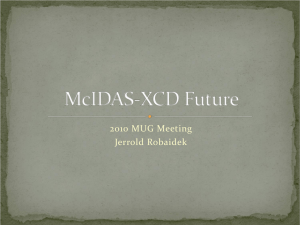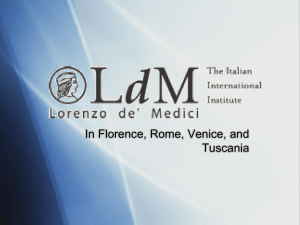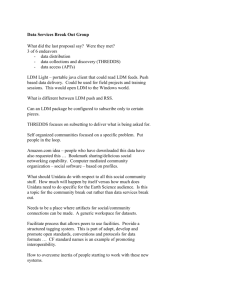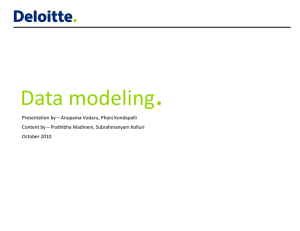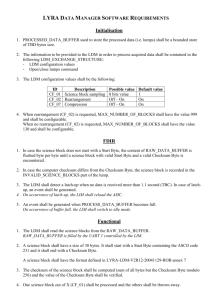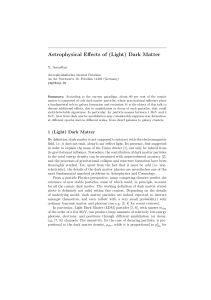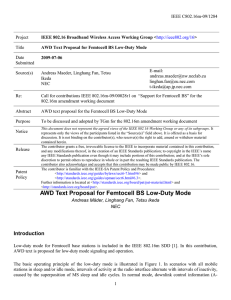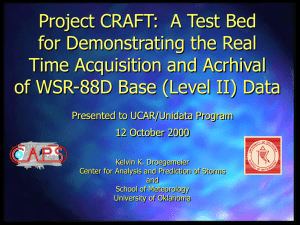Fall 2014 Philosophy 395—002 Philosophy of Death Instructor
advertisement
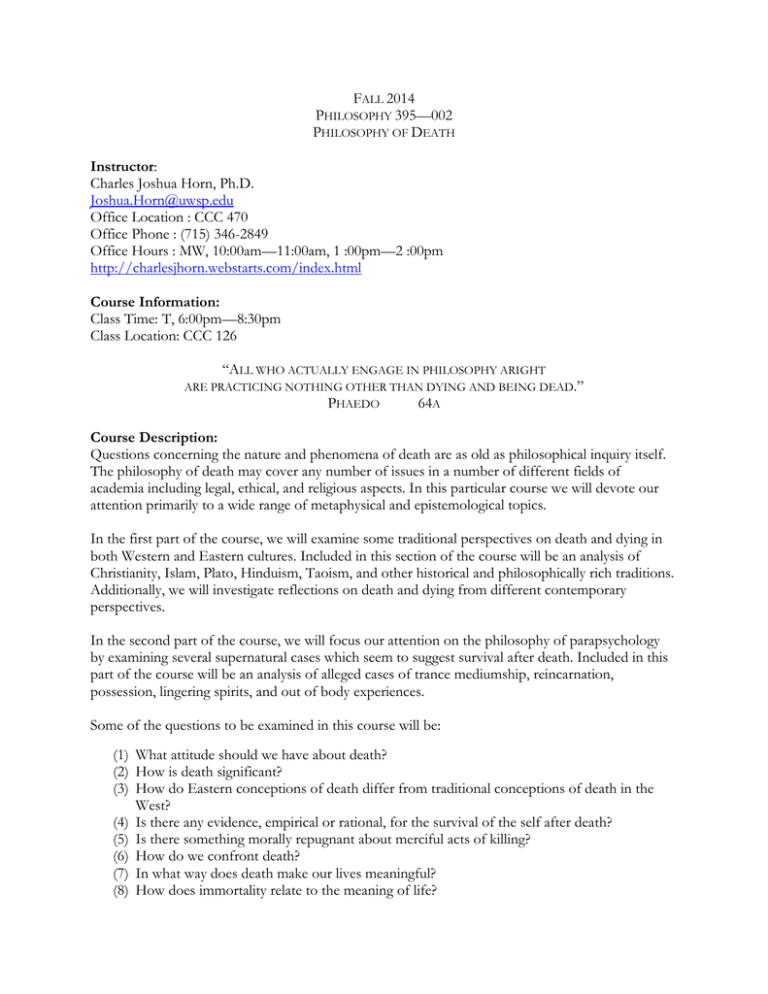
FALL 2014 PHILOSOPHY 395—002 PHILOSOPHY OF DEATH Instructor: Charles Joshua Horn, Ph.D. Joshua.Horn@uwsp.edu Office Location : CCC 470 Office Phone : (715) 346-2849 Office Hours : MW, 10:00am—11:00am, 1 :00pm—2 :00pm http://charlesjhorn.webstarts.com/index.html Course Information: Class Time: T, 6:00pm—8:30pm Class Location: CCC 126 “ALL WHO ACTUALLY ENGAGE IN PHILOSOPHY ARIGHT ARE PRACTICING NOTHING OTHER THAN DYING AND BEING DEAD.” PHAEDO 64A Course Description: Questions concerning the nature and phenomena of death are as old as philosophical inquiry itself. The philosophy of death may cover any number of issues in a number of different fields of academia including legal, ethical, and religious aspects. In this particular course we will devote our attention primarily to a wide range of metaphysical and epistemological topics. In the first part of the course, we will examine some traditional perspectives on death and dying in both Western and Eastern cultures. Included in this section of the course will be an analysis of Christianity, Islam, Plato, Hinduism, Taoism, and other historical and philosophically rich traditions. Additionally, we will investigate reflections on death and dying from different contemporary perspectives. In the second part of the course, we will focus our attention on the philosophy of parapsychology by examining several supernatural cases which seem to suggest survival after death. Included in this part of the course will be an analysis of alleged cases of trance mediumship, reincarnation, possession, lingering spirits, and out of body experiences. Some of the questions to be examined in this course will be: (1) What attitude should we have about death? (2) How is death significant? (3) How do Eastern conceptions of death differ from traditional conceptions of death in the West? (4) Is there any evidence, empirical or rational, for the survival of the self after death? (5) Is there something morally repugnant about merciful acts of killing? (6) How do we confront death? (7) In what way does death make our lives meaningful? (8) How does immortality relate to the meaning of life? Texts: Immortal Remains: The Evidence for Life after Death Stephen E. Braude Rowman and Littlefield Publishers ISBN: 978-074251472 (IR) The Eternal Pity: Reflections on Dying Ed. Richard Neuhaus University of Notre Dame Press ISBN: 978-0268027575 (EP) Death and Philosophy Ed. J.E. Malpas, Robert C. Solomon Routledge ISBN: 978-0-415-19144-9 (DP) (On reserve in UWSP library) Life, Death, & Meaning: Key Philosophical Readings on the Big Questions (LDM) Ed. David Benatar Rowman and Littlefield Publishers ISBN: 978-1-4422-0170-5 (On reserve in UWSP library) Course Goals: By carefully examining the different philosophical, historical, and cultural understandings of death, students will develop critical thinking skills by engaging, analyzing, and evaluating texts in order to write well, speak articulately, and argue persuasively. Grading Criteria: Final grades will be based upon (1) three take home exams worth 60% total, and (2) ten weekly reflection papers worth 40% total. Assignments turned in late will not be accepted unless prior arrangements have been made with the professor. (1) Each take home exam will include both a short answer and essay component. In grading your exams, I will consider whether you have a sufficient understanding of the relevant texts, have answered the questions clearly, concisely, and thoroughly, and have argued your position persuasively. (2) Reflection papers should be roughly one typed page in length, single spaced. The reflection papers are not summaries of the material. Instead, this is a way for you to explain to me different thoughts that you had while reading the material. For example, you could answer some of the following questions. What parts of the material were difficult and why? What were the most interesting parts of the material and why? Is the author right or wrong about a particular issue and why? You must read the material before class, reflect on it, and be prepared to discuss it. Each reflection paper will be worth 4% of your overall grade. (3) Attendance is taken at the beginning of every class and is absolutely critical for your success in this course. You are allowed one unexcused absence. After two absences, 5% will be deducted from your overall grade for every other unexcused absence. Please note that attendance is taken at the beginning of class, NOT throughout the entire class; so, if you show up late, you will not be counted as present for the day. A Range (90—100%) A (94—100) A- (90—93) B Range (80—89%) B+ (87—89) B (84—86) B- (80—83) C Range (70—79%) C+ (77—79) C (74—76) C- (70—73) D Range (64—69%) D+ (67—69) D (64—66) F Range (0—63%) F (<63) Academic Integrity: Cheating, fabrication, plagiarism or helping others to commit these acts will not be tolerated. Academic dishonesty will result in severe disciplinary action including, but not limited to, failure of the student assessment item or course, and/or dismissal from the University. Expectations: Students are expected to attend every class and remain for the entire time. Do not come late. Do not leave early. Students must complete the necessary readings prior to class and be prepared for discussion and participation. Students will treat other students with respect. This means, turning off all cell phones and addressing their peers in a respectful tone. It is important to note that the nature of this class will inevitably result in disagreements among colleagues; however, it is essential to maintain respect toward one another despite disagreement. Course Schedule: Part I: Perspectives on Death September 2 September 9 September 16 September 23 EP—Thinking about Dying: Twelve Classic Visions EP—The Quran (Fate as the Will of God) EP—The Life of the World to Come, Book of Common Prayer 1—36 74—82 EP—Katha Upanishad (The Figure of Death) DP—Roger Ames, Death as Transformation in Classical Daoism DP—Robert Wicks, Death and Enlightenment 42—45 DP—Tem Horwitz, My Death DP—Graham Parkes, Death and Detachment EP—Montaigne “To Philosophize Is to Learn to Die” (Acceptance Beyond Fear) 5—15 83—97 DP—Kathleen Higgins, Death and the Skeleton DP—Betty Flowers, Death, the Bald Scenario DP—Peter Loptson, The Antinomy of Death DP—Robert Solomon, Death Fetishism, Morbid Solipsism 39—49 50—56 135—151 152—176 173--178 57—70 71—82 66—70 Part II: Death and Beyond—Philosophy of Parapsychology September 30 IR—Chapter 1: Preliminaries IR—Chapter 2: Drop-In Communicators 1—30 31—52 October 7 IR—Chapter 3: Trance Mediumship 53—100 October 14 IR—Chapter 4: The Case of Sharada: Psychopathology and Xenoglossy 101—132 October 21 IR—Chapter 5: The Case of Patience Worth 133—175 October 28 IR—Chapter 6: Reincarnation and Possession 177—224 November 4 IR—Chapter 7: Lingering Spirits 225—244 November 11 IR—Chapter 8: Out-of-Body Experiences 245—282 Part III: Life, Death, Immortality, and Meaning November 18 LDM—Richard Taylor, The Meaning of Life LDM—Thomas Nagel, The Absurd LDM—Robert Nozick, Philosophy and the Meaning of Life LDM—David Schmidtz, The Meaning of Life 21—30 31—43 65—92 93—114 November 25 EP—Leo Tolstoy “The Death of Ivan Ilych” (The Experience of Death) 91—99 EP—Gilbert Meilaender, “I Want to Burden My Loved Ones” (Choosing to Live) 116—120 EP—Jeffrey Ford, “Mercy Killing at Golgotha” (Hastening Death) 121—124 December 2 LDM—Stephen Rosenbaum, How to be Dead and Not Care: A Defense of Epicurus 175—190 LDM—Steven Luper, Annihilation 201—222 LDM—Fred Feldman, Some Puzzles about the Evil of Death 223—242 December 9 LDM—James Lenman, Immortality: A Letter LDM—Bernard Williams, The Makropulos Case: Reflections on the Tedium of Immortality LDM—John Martin Fischer, Why Immortality Is Not So Bad LDM—Christine Overall, From Here to Eternity: Is it Good to Live Forever? 337—344 345—362 363—377 379—393
